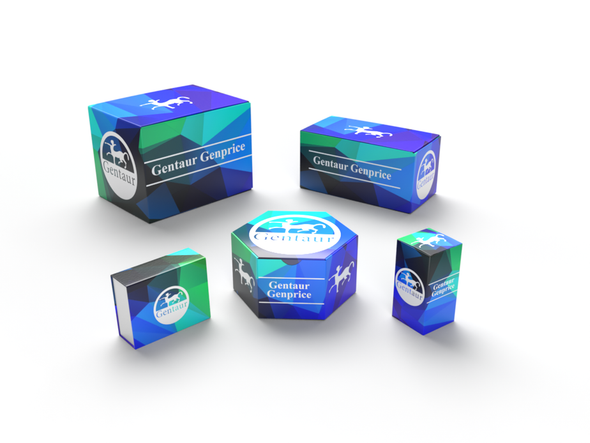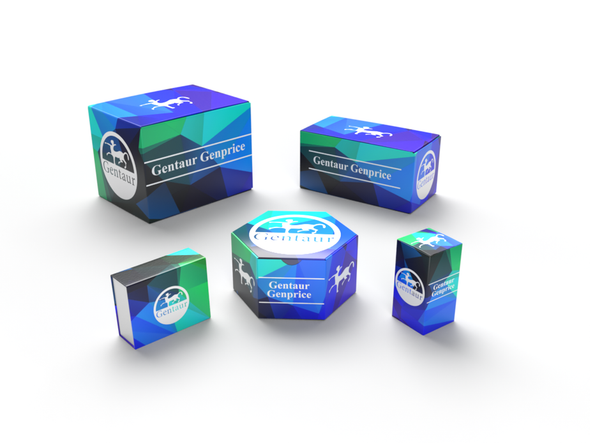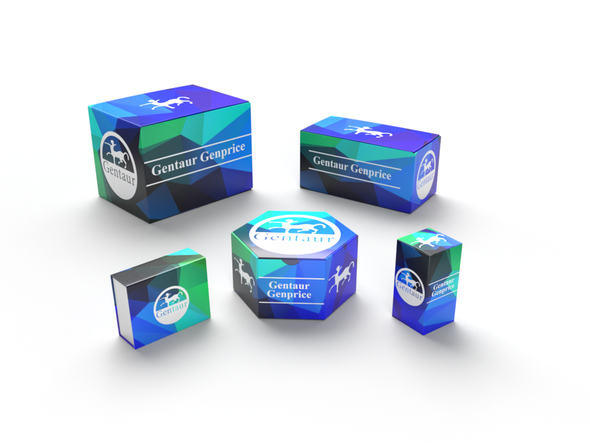740
Canine Von Willebrand Factor (VWF) ELISA Kit | AE11470DO
- SKU:
- 740-AE11470DO
- Availability:
- Usually ships in 5 working days
Description
Canine Von Willebrand Factor (VWF) ELISA Kit | AE11470DO | Gentaur UK, US & Europe Distribution
Species Reactivity: Canine (Canis familiaris; Dog)
Abbreviation: VWF
Alternative Name: F8VWF; VWD; coagulation factor VIII VWF
Application: ELISA
Range: 9.88-800 ng/mL
Sensitivity: 4.11 ng/mL
Intra-Assay: ≤4.3%
Inter-Assay: ≤8.7%
Recovery: 0, 98
Sample Type: Serum, Plasma, Other biological fluids
Detection Method: Sandwich
Analysis Method : Quantitive
Test Principale: This assay employs a two-site sandwich ELISA to quantitate VWF in samples. An antibody specific for VWF has been pre-coated onto a microplate. Standards and samples are pipetted into the wells and anyVWF present is bound by the immobilized antibody. After removing any unbound substances, a biotin-conjugated antibody specific for VWF is added to the wells. After washing, Streptavidin conjugated Horseradish Peroxidase (HRP) is added to the wells. Following a wash to remove any unbound avidin-enzyme reagent, a substrate solution is added to the wells and color develops in proportion to the amount of VWF bound in the initial step. The color development is stopped and the intensity of the color is measured.
Product Overview: Von Willebrand factor (vWF) is a blood glycoprotein involved in hemostasis. It is deficient or defective in von Willebrand disease and is involved in a large number of other diseases, including thrombotic thrombocytopenic purpura, Heyde's syndrome, and possibly hemolytic-uremic syndrome. It is a large multimeric glycoprotein present in blood plasma and produced constitutively in endothelium (in the Weibel-Palade bodies), megakaryocytes (α-granules of platelets), and subendothelial connective tissue. Besides, it is not an enzyme and therefore has no catalytic activity. Its primary function is binding to other proteins, particularly Factor VIII and it is important in platelet adhesion to wound sites.
Stability: The stability of ELISA kit is determined by the loss rate of activity. The loss rate of this kit is less than 5% within the expiration date under appropriate storage condition. The loss rate was determined by accelerated thermal degradation test. Keep the kit at 37°C for 4 and 7 days, and compare O.D.values of the kit kept at 37°C with that of at recommended temperature. (referring from China Biological Products Standard, which was calculated by the Arrhenius equation. For ELISA kit, 4 days storage at 37°C can be considered as 6 months at 2 - 8°C, which means 7 days at 37°C equaling 12 months at 2 - 8°C) .






